Victorian curbs stay despite more cases in NSW
While Melbourne’s citizens remained largely locked in their homes, life was mostly normal in Sydney despite the higher rate of new cases.
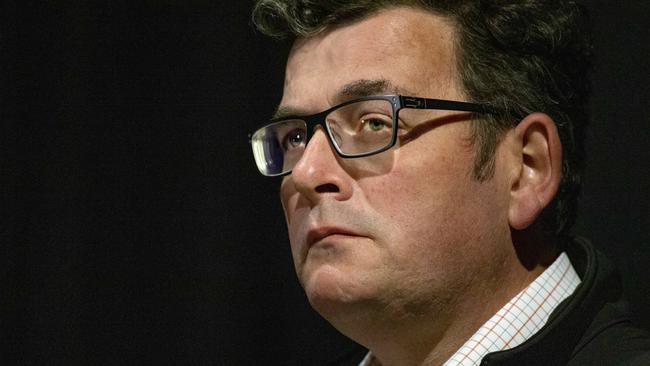
Victoria’s extension of extensive restrictions comes despite the state recording only five new COVID-19 infections in the past three days, compared to seven in NSW.
While Melbourne’s citizens remained largely locked in their homes at the weekend, life had an air of normality about it in Sydney despite the higher rate of new infections.
Major crowds attended Sydney sporting events on Saturday, with about 11,000 people going to the nation’s richest race, The Everest, at Randwick, while the Panthers versus the Rabbitohs rugby league game at ANZ Stadium in Homebush drew a crowd of 30,116.
In Melbourne the Caulfield Cup was run without spectators.
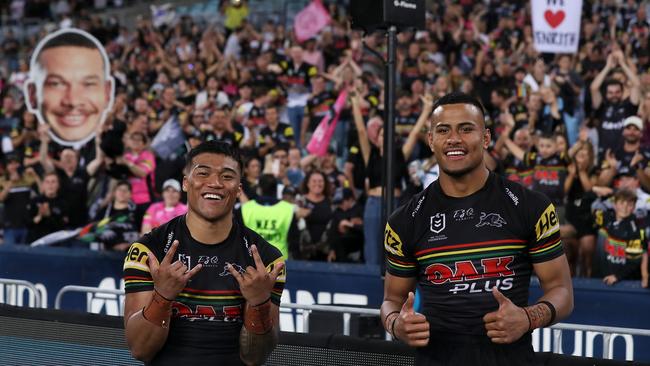
Scott Morrison on Sunday urged Mr Andrews to “move safely and quickly towards the NSW model of strong contact tracing”, arguing that for every day restrictions continued 1000 jobs were lost. But under changes announced on Sunday, life will remain very different in Melbourne compared to the rest of the country.
When the Richmond Tigers and Geelong Cats run out next weekend, the MCG will be eerily quiet, and pubs, restaurants and cafes across Melbourne will be empty.
But less than 24 hours later, 40,000 rugby league fans will pack into ANZ Stadium in Sydney, and hospitality venues across NSW will be allowed to host the maximum capacity in their outside areas, subject to the one person per 2 sqm rule.
The hotel quarantine regime operating in NSW has also seen 141 positive cases of COVID-19 detected in returned travellers since June 30. None of that has spilled into the community, while breaches of Melbourne’s hotel quarantine was blamed for Victoria’s second wave.
While flights from New Zealand are now arriving in Sydney, allowing families to reunite without doing two weeks of hotel quarantine, visiting other people’s homes in Melbourne is still off the cards. Two people plus dependants will be allowed from November 1.
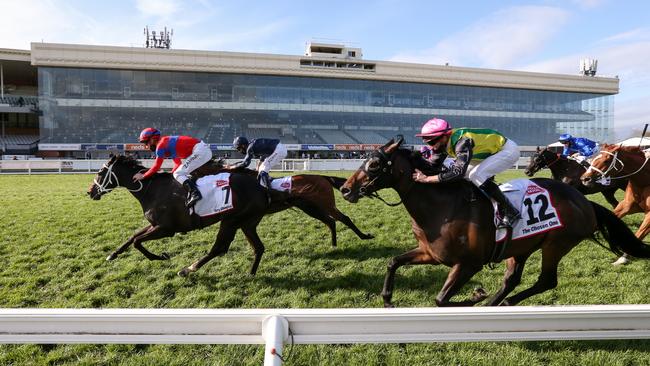
Australian Industry Group Victoria head Tim Piper said Mr Andrews’ announcement to extend his lockdown for a fortnight on Sunday was a “severe blow” for companies competing with “one hand tied behind their back”. “When you look across the border, you see a state with actually more cases than we have now. And yet we are still among the most severe restrictions in the world,” he said.
With another announcement two weeks away, Mr Piper said companies were suffering as they were forced to pay rent and loans without any cash flow.
Cities Minister Alan Tudge, who represents the Melbourne-based seat of Aston, said the unemployment and mental health crises in his home state were unacceptable and called for Mr Andrews to let “Melbourne be like Sydney”.
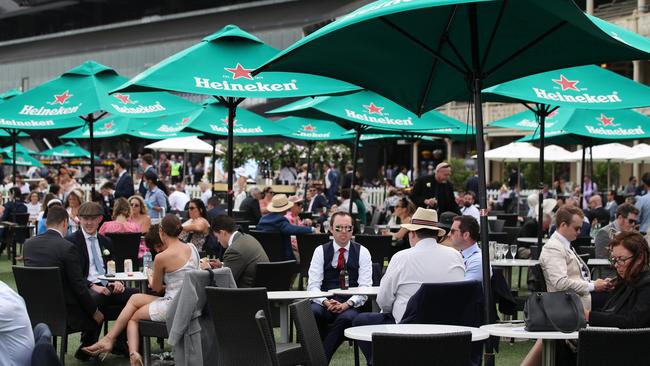
“The case numbers are effectively the same in NSW as they are in Victoria. Yet, in NSW, it is basically open and relatively free. People go about their business and the effective unemployment rate in NSW is almost half that of Victoria,” Mr Tudge said.
“In Victoria the mental health anguish that the lockdown has caused is extraordinary. The calls to Beyond Blue in Victoria are 77 per cent higher than any other jurisdiction on a per capita basis.”
Former Victorian premier and Hawthorn president Jeff Kennett said Melburnians were paying a “big price” for the decision to pursue what he said was an eradication strategy, with the biggest sporting event in the state’s calendar — the AFL grand final — shifted to Queensland.
“We’re watching the grand final being played in Queensland because we have so messed up our own responsibilities here,” he said. “This weekend, we have two Victorian teams in the grand final and whoever the supporters … they’re not going to be able to watch it together.
“They’re not going to be able to celebrate together or commiserate together. It just seems so unnecessary. It’s almost cruel.”
Daily cases in NSW have exceeded Victoria’s twice in the past week but the NSW government has run down clusters through an extensive contact-tracing regime. Whereas Melburnians can now travel up to 25km from their home, up from 5km, tourism destinations across NSW are bustling with trade. Byron Bay is booked out until February.
More Coverage
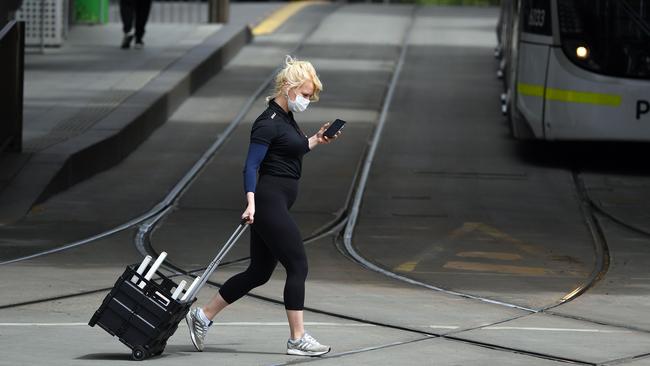

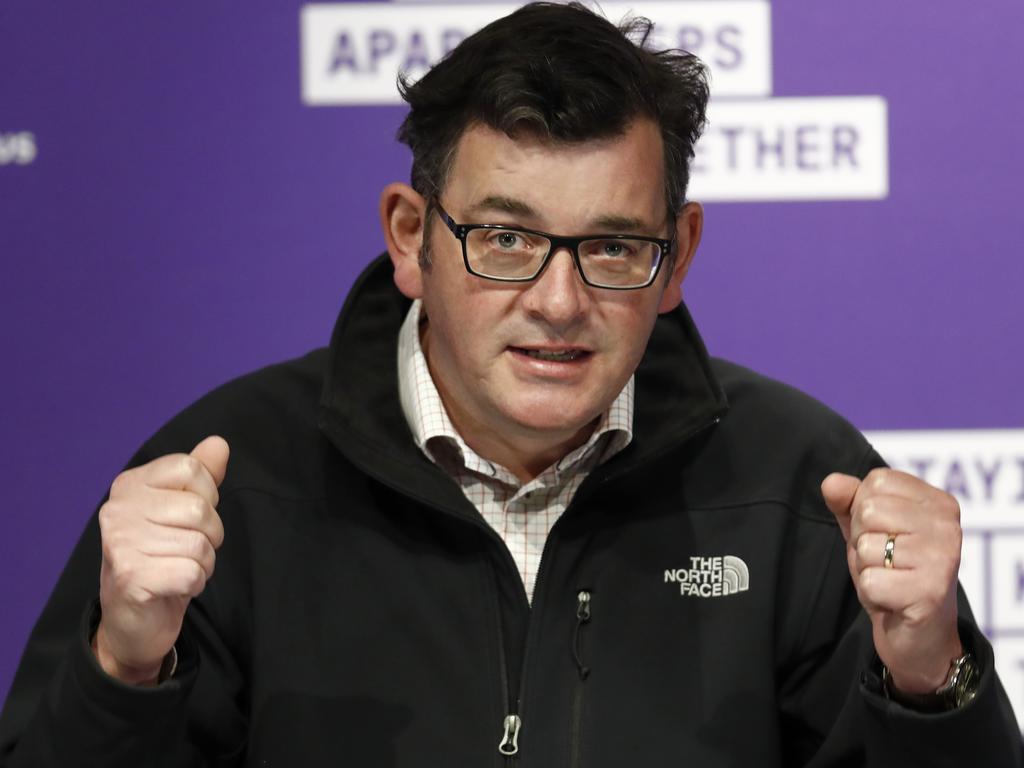

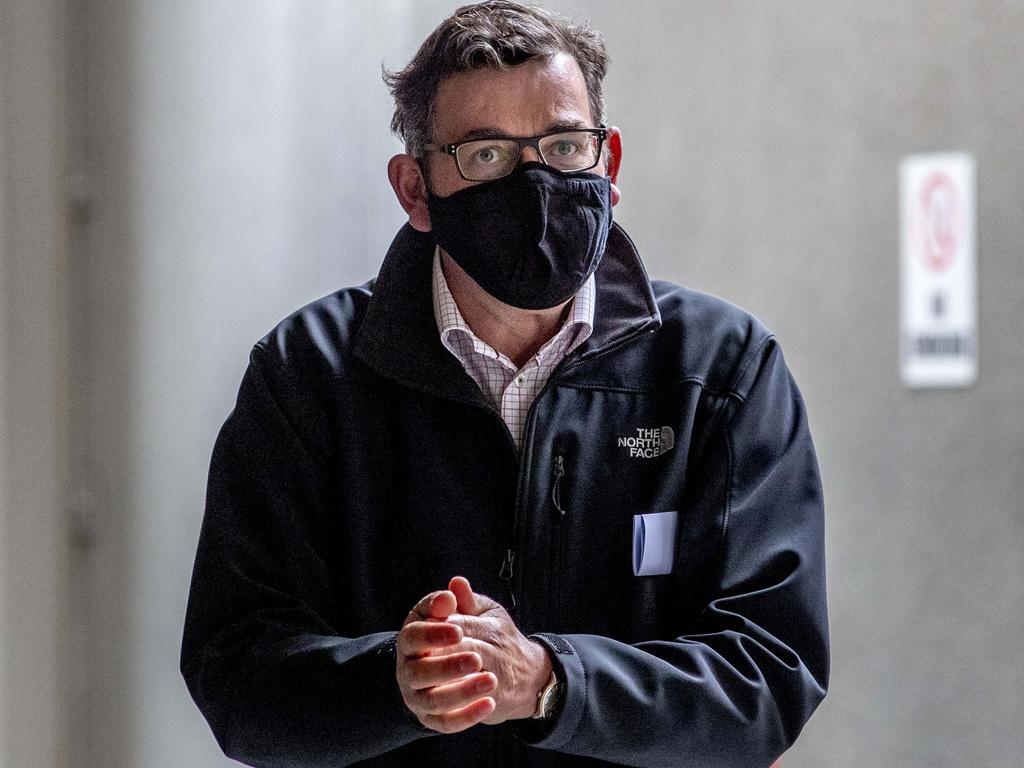
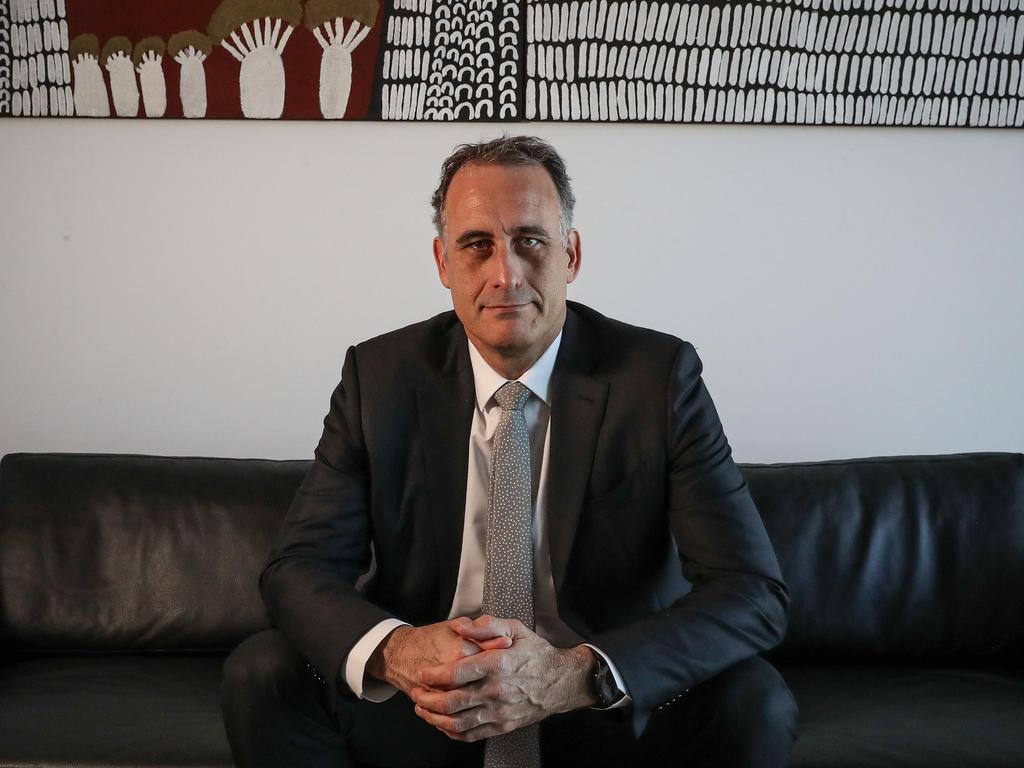


To join the conversation, please log in. Don't have an account? Register
Join the conversation, you are commenting as Logout